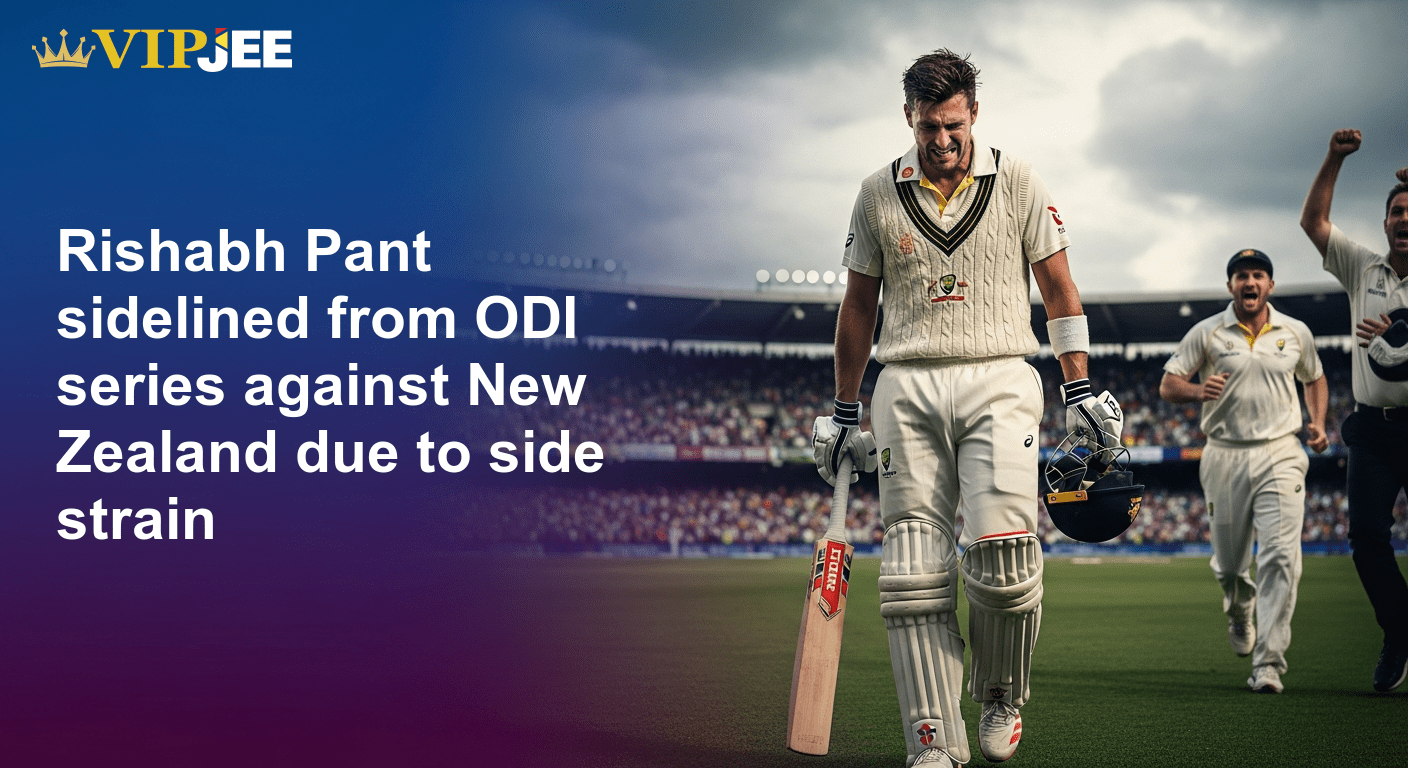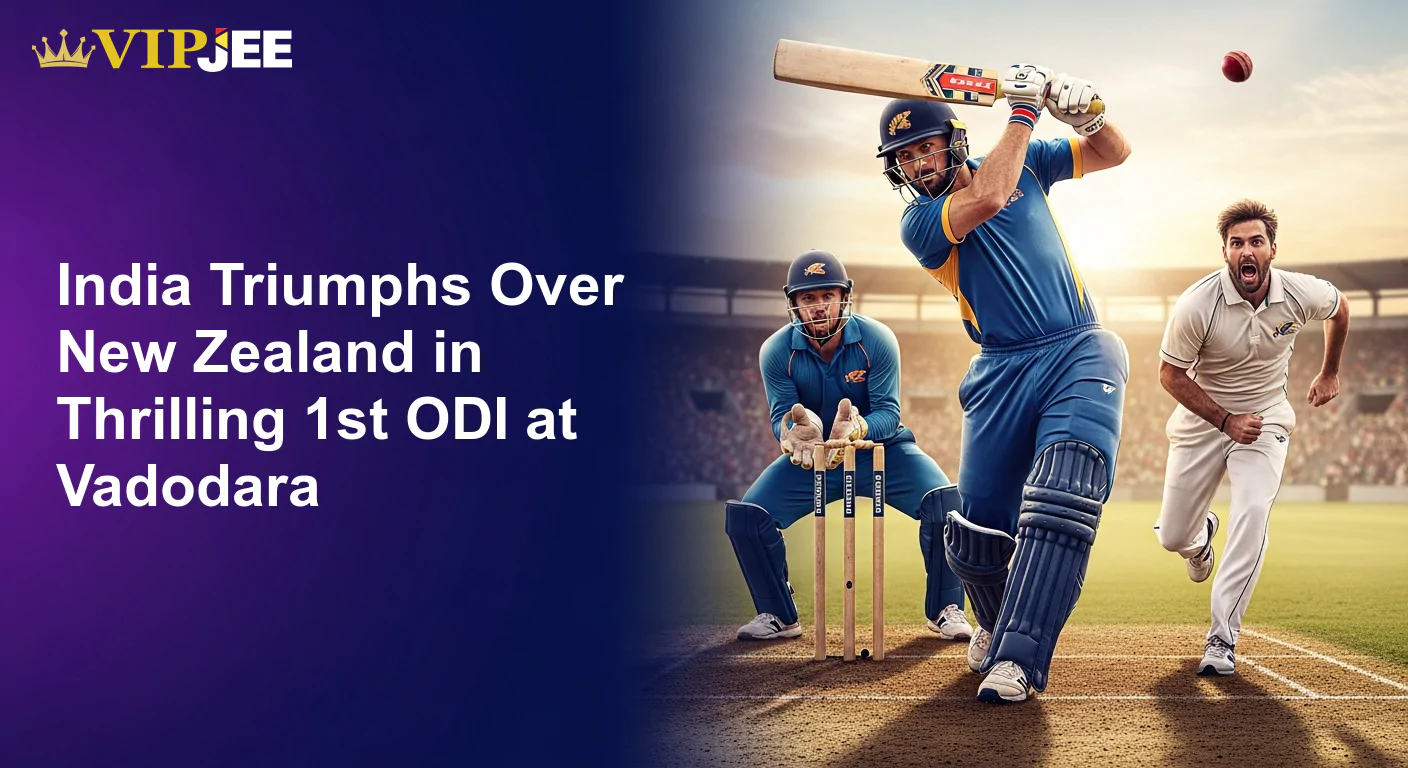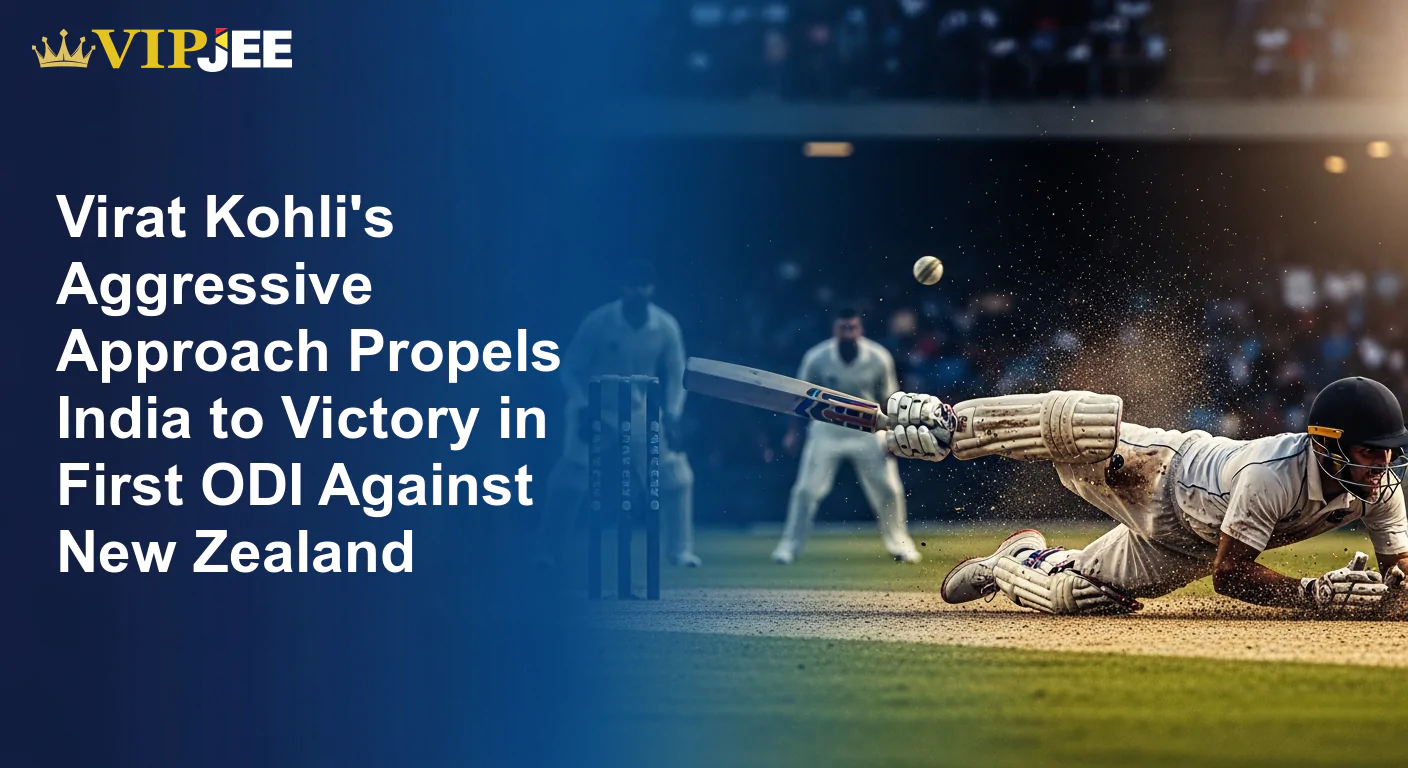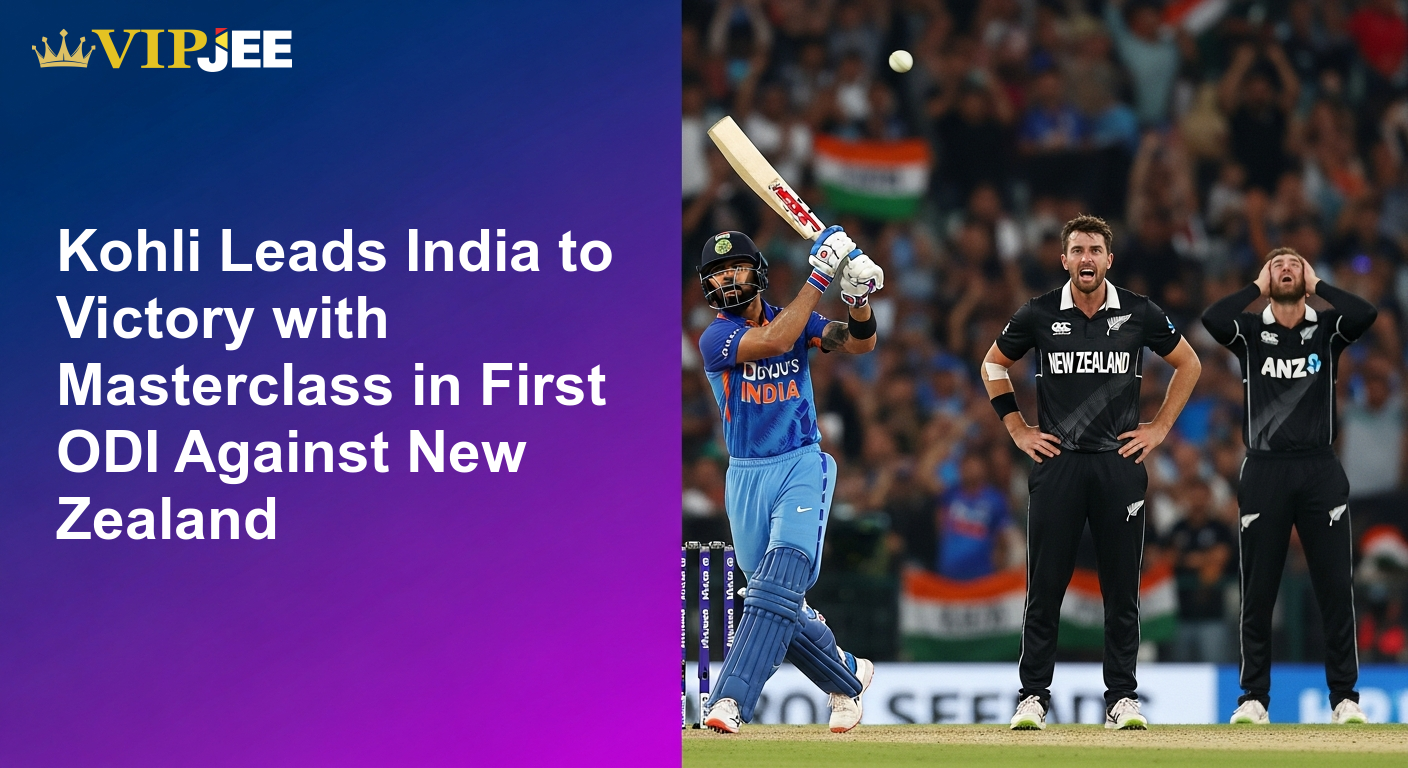Namaste, Champs! Reddy G. here, your guide to the electrifying world of Indian sports and smart wagers. If you’ve ever felt the ground shake with the thunder of a ‘raid’ or held your breath during a ‘tackle’, then you already know the thrill of Pro Kabaddi League (PKL). It’s more than just a game; it’s a cultural phenomenon, a battle of wits and strength that has captivated millions across India and beyond.
But beyond the incredible athleticism and heart-stopping moments, there’s a whole lot to understand – from what exactly Pro Kabaddi is, to the high stakes of the Pro Kabaddi League prize money, and how you can intelligently engage with the action. So, whether you’re a seasoned fan looking for deeper insights or new to the mat curious about this dynamic sport, you’re in the right place. Let’s dive in and see how wickets can win wallets!
See this guide for more: What Is Sport Kabaddi? A Beginner’s Guide to Rules & Terms
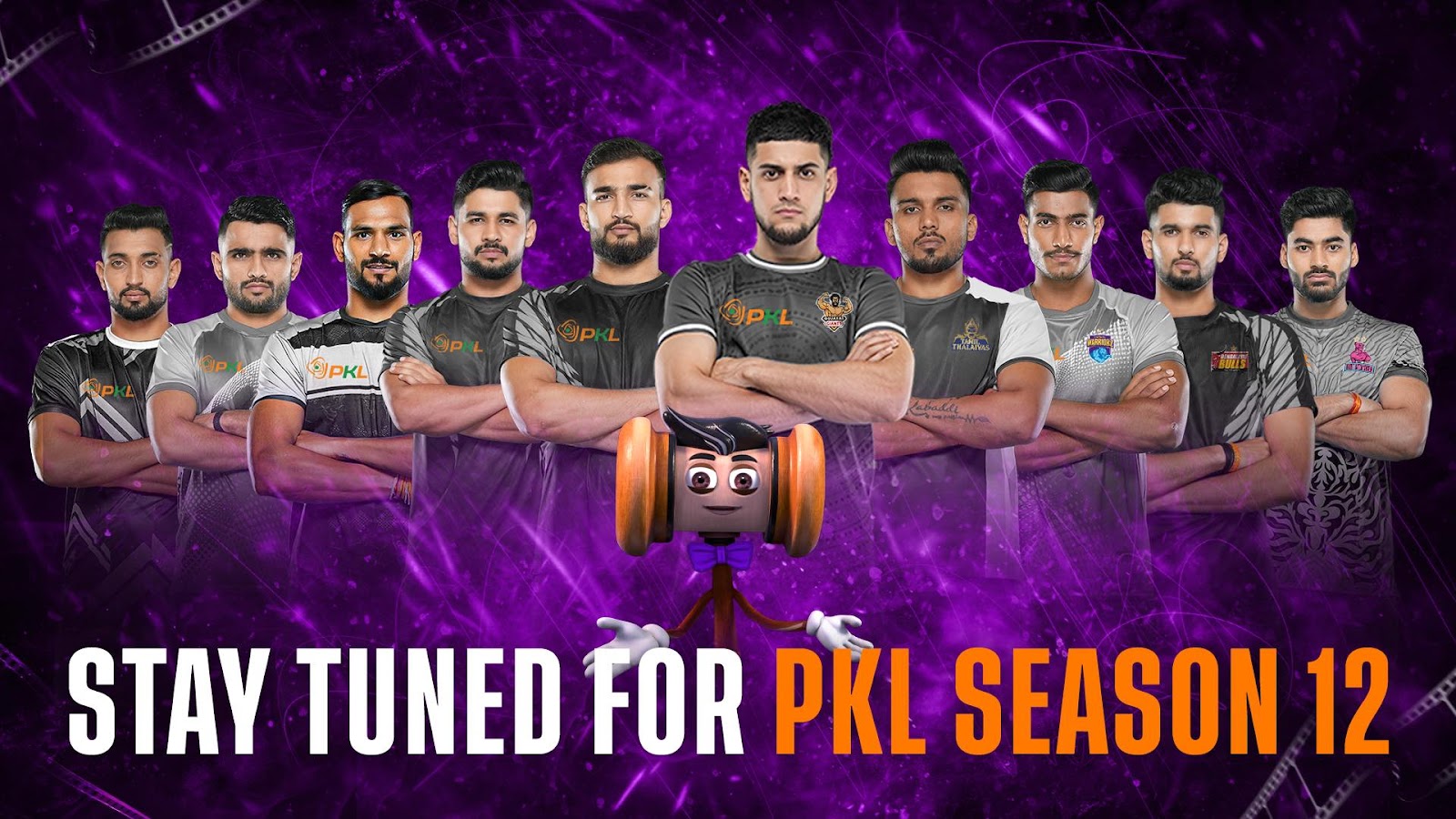
(source: ProKabaddi Facebook)
What is Pro Kabaddi League?
The Pro Kabaddi League (PKL) isn’t just a sport; it’s a spectacle that has redefined one of India’s oldest and most traditional games. Launched in 2014, the PKL transformed the rural Indian sport of Kabaddi into a professional, high-octane league, drawing massive viewership and global attention.
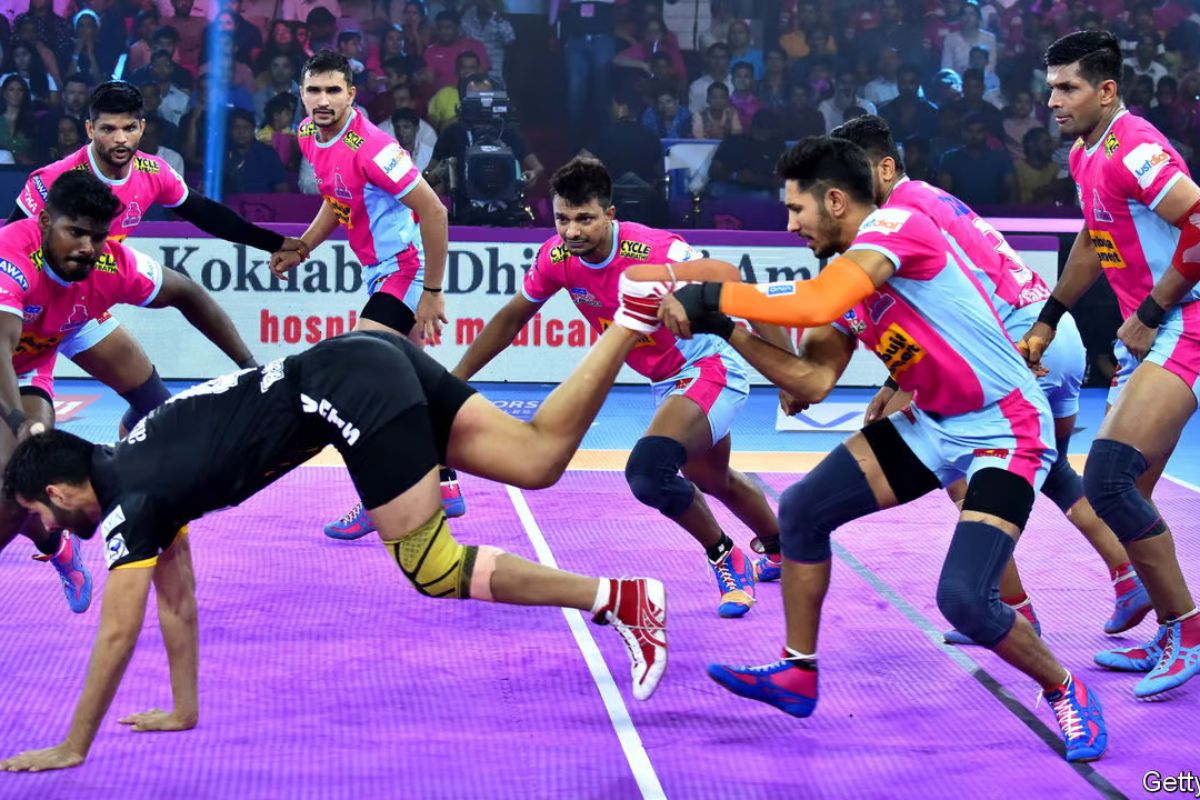
Pro Kabaddi is a ground-breaking initiative by Mashal Sports Pvt. Ltd and Disney Star. (source: BRS kabaddi)
It takes the ancient game, which combines elements of wrestling, rugby, and tag, and presents it in a fast-paced, glamorous format suitable for television and modern audiences.
Think of it as a blend of raw power, strategic genius, and lightning-quick reflexes, all played out on a compact mat. The league features teams from various Indian cities, battling it out for supremacy and the coveted Pro Kabaddi League prize money.
See this guide for more: Pro Kabaddi 2025 Start Date & Full Schedule for Season 12
Origins and Evolution of Kabaddi
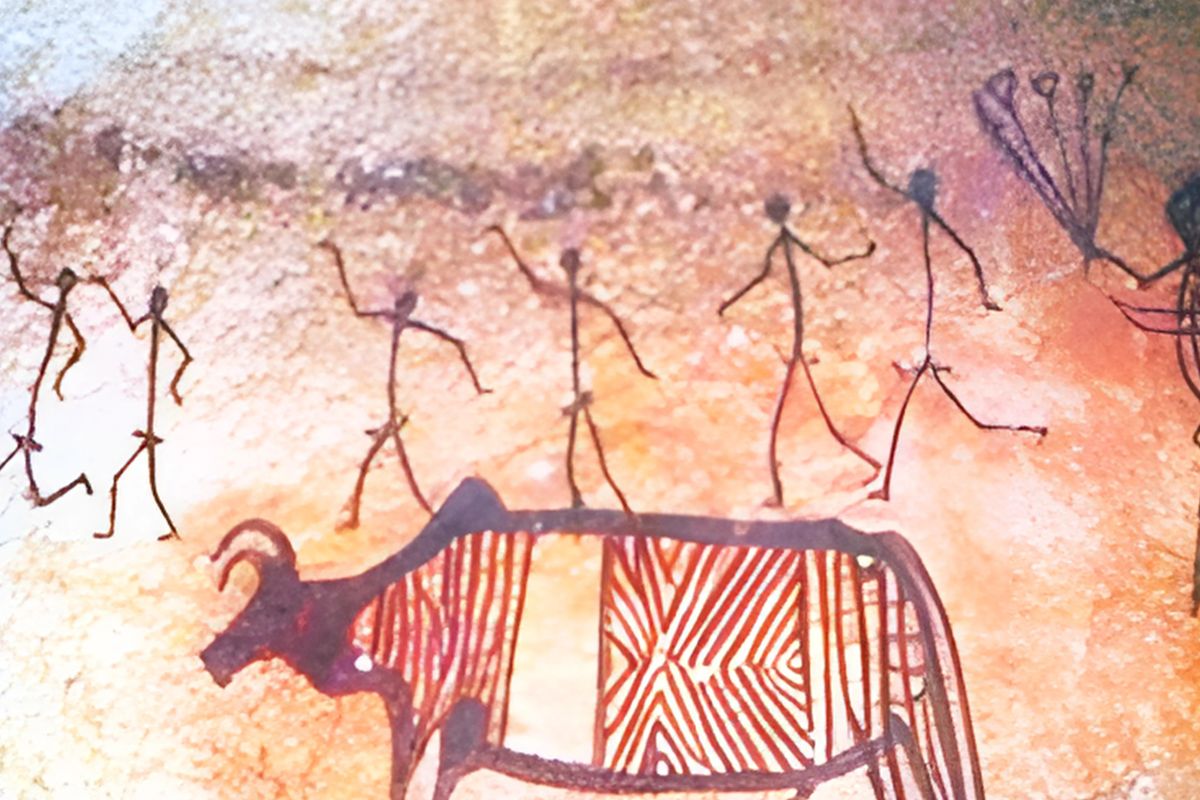
Kabaddi’s history is as rich and intricate as an expertly executed raid. (source: BRS kabaddi)
Its roots stretch back thousands of years in ancient India, with some legends tracing its origins to the Vedic period or even earlier, linking it to the development of self-defense skills and hunting tactics. Ancient Indian epics like the Mahabharata are even said to contain references to combat scenarios that bear a striking resemblance to the game. It was a sport meant to develop physical strength, agility, and a quick response to both individual attacks and group defenses.
For centuries, Kabaddi remained a popular pastime in rural India, known by various names across different regions – ‘Hu-Tu-Tu’ in the west, ‘Ha-Do-Do’ in the east, and ‘Chedu-Gudu’ in the south. These traditional forms varied slightly in rules, but the core essence of a raider attempting to tag opponents while holding their breath remained consistent.
The major shift towards a formalized sport began in the early 20th century. The first known codification of Kabaddi rules occurred in Maharashtra in 1921, followed by amendments and an All India Kabaddi Tournament in 1923. Its international exposure started with a demonstration at the 1936 Berlin Olympics, and it was included in the Indian Olympic Games in Calcutta (now Kolkata) in 1938.
The post-independence era saw further organization. The All India Kabaddi Federation was formed in 1950, leading to national championships. In 1972, the Amateur Kabaddi Federation of India (AKFI) was established, further standardizing rules and promoting the sport both nationally and internationally. Kabaddi became a medal event at the Asian Games in 1990, a testament to its growing global recognition.
See this guide for more: Pro Kabaddi Winners List: Complete History of All Champions (2014-2024)
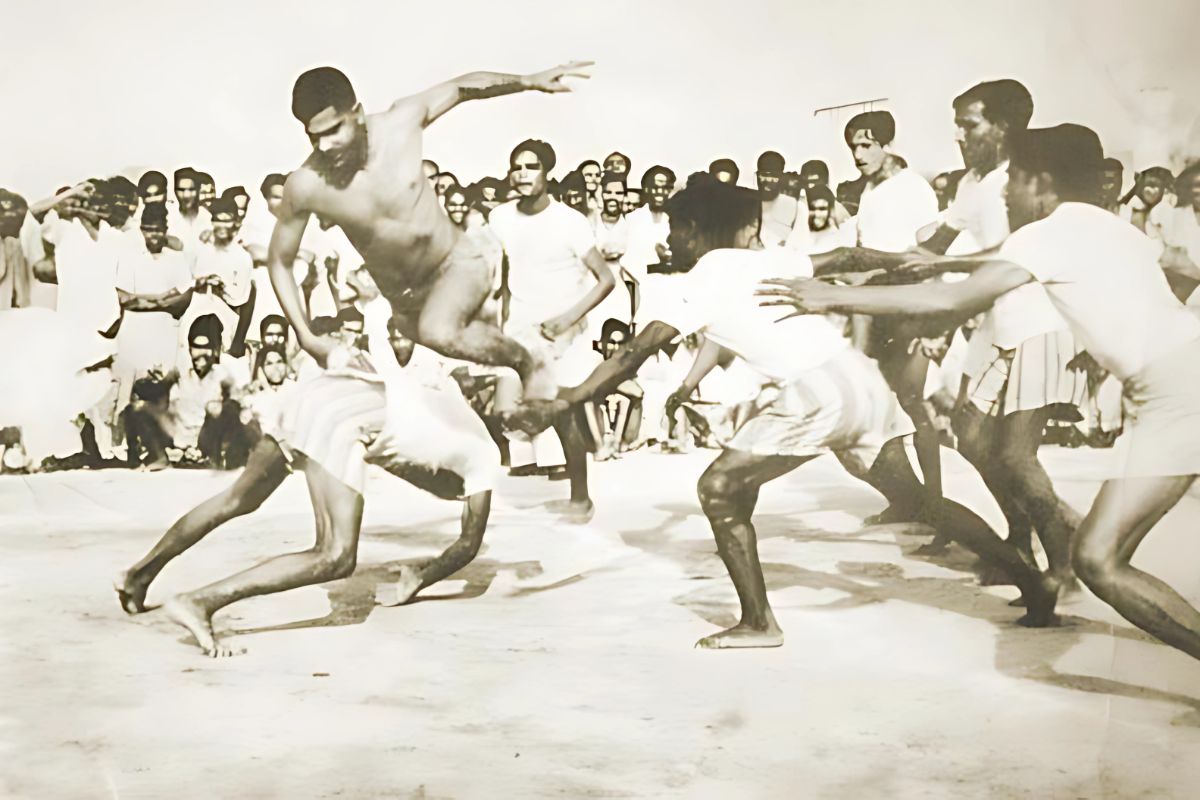
Kabaddi, a sport deeply rooted in the traditions of India. (source: BRS kabaddi)
However, the real game-changer was the launch of the Pro Kabaddi League in 2014. This marked a significant leap from traditional mud courts to high-tech indoor mats, with professional training, unprecedented media coverage, and substantial investments. This modernization not only brought in new fans but also elevated the status of Kabaddi players to national heroes, transforming a beloved traditional sport into a vibrant, commercially successful global phenomenon.
How Pro Kabaddi Works: Rules and Format
At its core, Pro Kabaddi is a team sport played between two teams of seven players each on a rectangular mat. The objective is for a single player, known as a ‘raider,’ to run into the opposing team’s half of the court, touch as many defenders as possible, and return to their half of the court – all while holding their breath and chanting “Kabaddi, Kabaddi, Kabaddi.”
If the raider successfully touches a defender and returns without being tackled, they score points. Conversely, the defending team’s goal is to ‘tackle’ the raider, preventing them from returning to their half, which earns them a point.
The game is played in two halves, typically 20 minutes each, with a short break. Key rules include:
- Raid: The offensive move where a player goes into the opponent’s half.
- Tackle: The defensive move to stop the raider.
- Bonus Line: Crossing this line during a raid can earn an extra point.
- Super Tackle: If a defending team with three or fewer players on the mat successfully tackles a raider, they earn two points instead of one.
- All-Out: If a team manages to get all seven opposing players out, they earn additional points, and the opposing team revives all its players.
The league features a round-robin format followed by playoffs, leading up to a grand finale where teams vie for the ultimate title and the impressive Pro Kabaddi League prize money.
Why Pro Kabaddi is So Popular in India
The rapid surge in popularity of Pro Kabaddi League in India can be attributed to several factors:
- Cultural Resonance: Kabaddi is deeply embedded in the cultural fabric of many Indian states, making it instantly relatable to a vast audience. The PKL successfully tapped into this existing love for the game.
- Action-Packed Format: Unlike some sports that can have slow periods, Kabaddi is continuously dynamic. Every raid and tackle is a burst of intense action, keeping viewers on the edge of their seats. The short, sharp nature of raids and tackles makes it perfect for television.
- Star Power: The league has successfully created its own set of superstars – players who are household names, revered for their agility, strength, and strategic prowess. These heroes become aspirational figures.
- Accessibility: The rules are relatively simple to understand, even for new viewers, making it easy to follow the game without extensive prior knowledge.
- Regional Connect: With teams representing various cities and states, the PKL fosters strong regional loyalties, leading to passionate fan bases.
- Smart Marketing and Broadcasting: The PKL benefited from high-quality broadcasting, engaging commentary, and strategic marketing campaigns that elevated its status from a rural pastime to a premier sporting event.
It’s a game where every second counts, and that’s why millions are glued to their screens when the Pro Kabaddi League is on. It’s a true Indian success story, showing how traditional sports can shine on the global stage.
See this guide for more: The Definitive Pro Kabaddi Player List 2025: An Expert Breakdown of All 12 Squads
Pro Kabaddi League Prize Money: What’s at Stake?
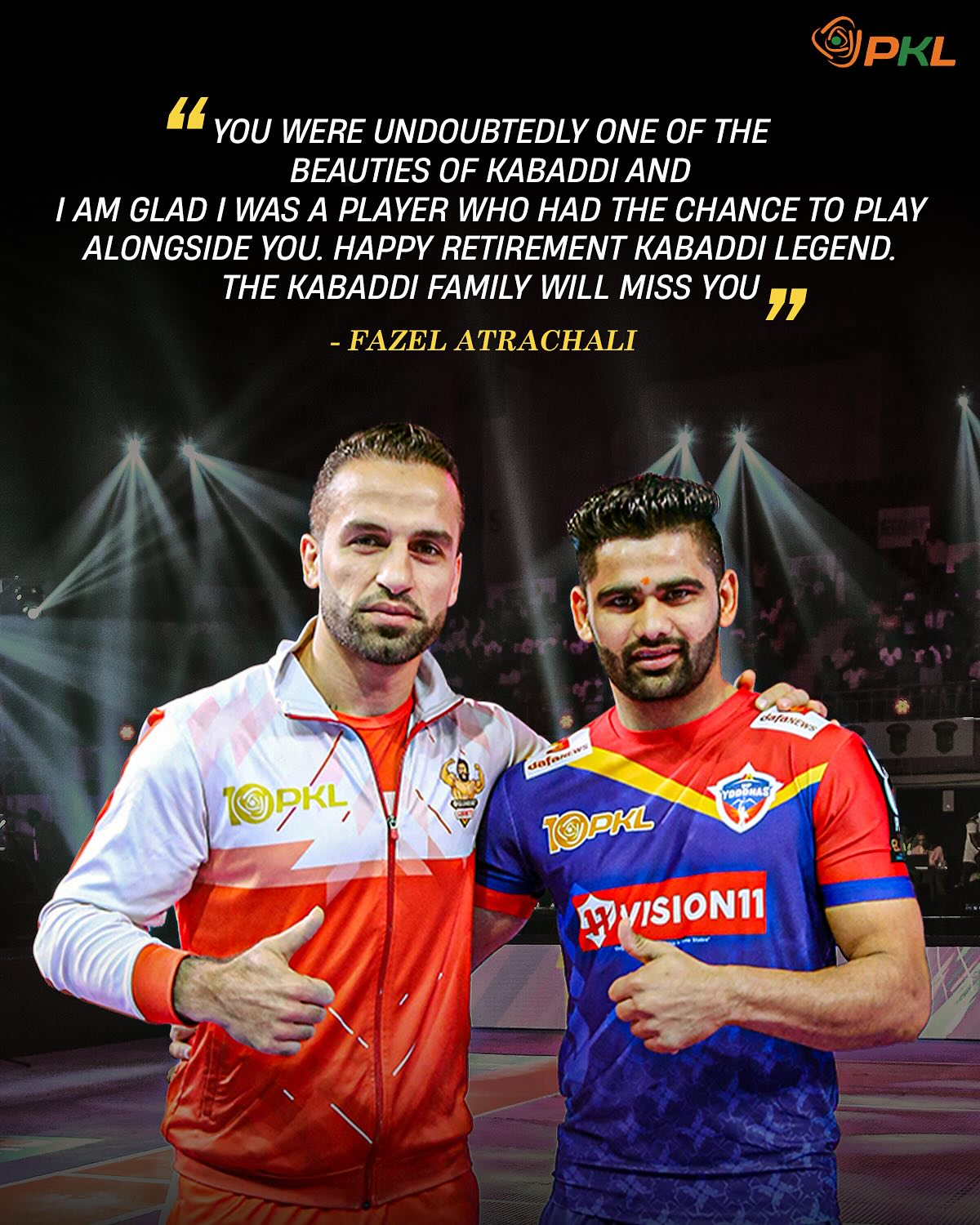
(source: ProKabaddi Facebook)
The Pro Kabaddi League prize money is a significant driving force behind the league’s immense popularity and the intense competition witnessed on the mat. What started as a modest prize pool has grown substantially, reflecting the league’s success and its commitment to rewarding excellence.
For players, this isn’t just about fame; it’s about financial security and the opportunity to elevate their lives and their families. For the teams, it’s a testament to their strategic planning, player development, and sheer hard work throughout the demanding season. The substantial prize pool underscores the professional stature of the PKL as one of India’s premier sports leagues.
Understanding the Pro Kabaddi League Prize Money Distribution
The distribution of the Pro Kabaddi League prize money is meticulously structured to incentivize performance across the board, from the champion team down to individual standouts. While exact figures can vary slightly season to season, the general pattern remains consistent, with a significant portion allocated to the top-performing teams and a considerable sum set aside for individual accolades.
(source: ProKabaddi Facebook)
For instance, in recent seasons (like Season 10), the total prize pool has been a whopping ₹8 crore (INR). This vast sum is typically broken down as follows:
- Champions: The ultimate winners take home the largest share, often around ₹3 crore. This is the big prize everyone is fighting for!
- Runners-up: The team that reaches the final but falls short still receives a substantial amount, generally about ₹1.80 crore.
- Semi-Final Losers: The teams that make it to the semi-finals are also well-rewarded, often receiving ₹90 lakh each.
- Eliminator Losers: Even teams knocked out in the eliminator rounds (the first playoff stage) get a fair share, typically around ₹45 lakh each.
This breakdown ensures that not just the champion, but also other high-ranking teams are financially compensated for their efforts, fostering a competitive environment throughout the entire league.
How Teams Earn Their Share of the Pro Kabaddi League Prize Money
A team’s journey to earning its share of the Pro Kabaddi League prize money is a grueling one, involving consistent performance over many weeks. It’s not just about winning the final match; it’s about qualifying for the playoffs and then performing under immense pressure.
- League Stage Performance: Teams must first navigate the demanding round-robin league stage, where they play every other team twice. Points are awarded for wins and ties. The goal is to finish among the top six teams, which guarantees a spot in the playoffs.
- Playoff Victories: Once in the playoffs, it’s a knockout format. Each victory in the eliminators, semi-finals, and ultimately the grand final propels a team closer to the top prize money bracket. The higher a team finishes, the larger their share.
- Strategic Team Building: Beyond on-field performance, the foundation for winning prize money is laid during the player auctions. Teams strategically bid for players within their salary cap (which can be around ₹5 crore per team for the squad). A well-balanced squad with star raiders, strong defenders, and versatile all-rounders is crucial for sustained success.
The prize money is a direct reward for the collective effort, strategic acumen of the coaching staff, and the resilience of the players.
The Impact of Prize Money on Teams and Players
The significant Pro Kabaddi League prize money has had a transformative impact on both the teams and the individual players within the ecosystem of Indian Kabaddi:
- Professionalization of the Sport: The generous prize money, coupled with substantial player salaries from auctions (where top players can fetch over ₹2 crore), has professionalized Kabaddi. Players can now pursue Kabaddi as a full-time, lucrative career, rather than just a passion or a part-time pursuit. This has attracted more talent and elevated the overall quality of play.
- Financial Security for Players: For many players, especially those from humble backgrounds, the prize money and salaries provide unprecedented financial stability. Players have used these earnings to build homes, support their families, invest in their future, and access better training and facilities, which was unimaginable in the pre-PKL era.
- Increased Competition and Quality: Knowing that significant financial rewards are at stake intensifies the competition. Teams invest more in coaching, analytics, and player development. Players are motivated to perform at their peak, leading to a higher standard of Kabaddi and more thrilling matches for the fans.
- Brand Value and Investment: The substantial prize money enhances the league’s brand value, attracting more sponsors, advertisers, and potential team owners. This creates a virtuous cycle where more investment leads to better talent, higher quality games, and ultimately, even larger prize pools.
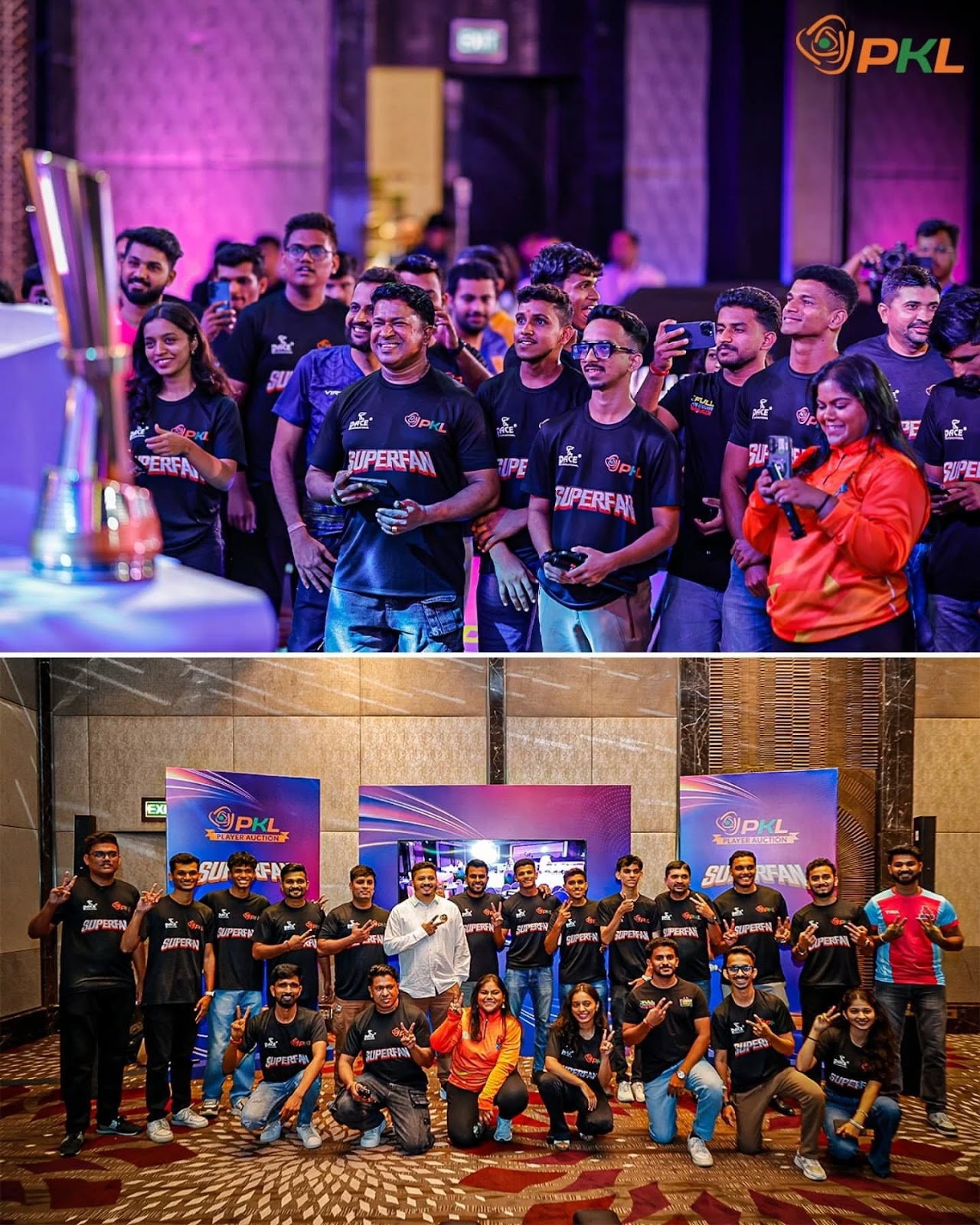
(source: ProKabaddi Facebook)
- Recognition of Individual Excellence: Beyond team prize money, individual awards like the Most Valuable Player (MVP), Best Raider, and Best Defender also come with significant financial incentives (e.g., ₹20 lakh for MVP, ₹15 lakh for Best Raider/Defender). This acknowledges individual brilliance and further motivates players to excel in their specific roles.
In essence, the Pro Kabaddi League prize money isn’t just a payout; it’s an investment in the future of Kabaddi, ensuring its continued growth, professionalism, and thrilling entertainment for fans across India and the globe.
Pro Kabaddi League Teams to Watch
When you’re keeping an eye on the Pro Kabaddi League, it’s crucial to know which teams bring the heat consistently. These aren’t just collections of players; they’re well-oiled machines with distinct strategies and a history of thrilling performances. Whether you’re a new fan or a seasoned follower, understanding these powerhouses will enhance your viewing experience and, perhaps, your betting insights.
Top Performers in Pro Kabaddi League History
Some franchises have carved out a legendary status in the Pro Kabaddi League through their consistent dominance and unforgettable moments. These teams often boast a strong legacy, a deep fan base, and a knack for performing under pressure.
- Patna Pirates:
(source: Patna Pirates Facebook)
Without a doubt, the Patna Pirates stand as the most successful franchise in PKL history, being the only team to win the title three times (Seasons 3, 4, and 5). Their strategy often revolves around powerful raiders and solid defensive units, making them a formidable opponent season after season. Their consistency in reaching finals and semi-finals makes them a permanent fixture on any “team to watch” list. - U Mumba:
(source: U Mumba Facebook)
A consistently strong contender, U Mumba has been a part of the PKL from its inception and lifted the trophy in Season 2. Known for their balanced approach, they combine tactical raids with disciplined defending. They have a history of nurturing star players and often remain in contention for playoff spots. - Bengal Warriors:
(source: Bengal Warriors Facebook)
The champions of Season 7, the Bengal Warriors have shown remarkable resilience and tactical brilliance. Their success is often built on a cohesive unit rather than relying solely on individual superstars, demonstrating the power of teamwork in Kabaddi. - Bengaluru Bulls:
(source: Bengaluru Bulls Facebook)
Winners of Season 6, the Bengaluru Bulls are known for their explosive raiding power and agile defense. They often play an aggressive, high-scoring game that keeps fans on the edge of their seats. Their matches are rarely dull! - Jaipur Pink Panthers:
(source: Jaipur Pink Panthers Facebook)
The inaugural champions of PKL Season 1, the Jaipur Pink Panthers have a storied past. After a few lean seasons, they made a strong comeback to win Season 9, proving their enduring quality and ability to adapt and rebuild.
These teams have not only lifted the trophy but have also consistently featured in playoff contention, setting high benchmarks for the entire league.
Rising Stars and Key Players in the Pro Kabaddi League
While team cohesion is vital, individual brilliance often lights up the mat and can turn the tide of a match. The Pro Kabaddi League is a breeding ground for incredible talent, from established veterans who consistently deliver to electrifying young players who are making their mark.
- Pardeep Narwal (The “Dubki King”): A living legend and arguably the most influential raider in PKL history. His signature ‘Dubki’ move (a quick duck under defenders) is iconic. As the all-time leading raid points scorer, Pardeep’s presence on any team makes them an immediate threat. He’s been instrumental in Patna Pirates’ past successes and continues to be a top raider for UP Yoddhas.
- Naveen Kumar (The “Naveen Express”): This young raider for Dabang Delhi K.C. is an absolute sensation. His incredible speed, agility, and ability to consistently secure ‘Super 10s’ (10 or more raid points in a match) have earned him accolades and made him one of the most exciting players to watch. He led Dabang Delhi to their first title in Season 8.
- Pawan Sehrawat (The “Hi-Flyer”): Known for his powerful jumps and audacious raids, Pawan is one of the most destructive raiders in the league. He can single-handedly change the momentum of a game with his explosive style. After leading Bengaluru Bulls to a title, he’s now showcasing his skills with Telugu Titans.
- Fazel Atrachali (The “Sultan”): An Iranian powerhouse, Fazel is widely regarded as one of the best defenders in Kabaddi history. His astute tactical mind and powerful ankle holds make him a nightmare for raiders. As a seasoned captain, his leadership is as valuable as his defensive skills, having played key roles for U Mumba and Puneri Paltan.
- Mohammadreza Chiyaneh (The “Shadloui”): Another Iranian import, Chiyaneh quickly became a fan favorite and a defensive stalwart. His aggressive tackles and ability to inflict ‘All-Outs’ make him a game-changer. He was a crucial part of the Puneri Paltan’s success in recent seasons.
- Arjun Deshwal: A rising star raider who has consistently delivered for the Jaipur Pink Panthers, leading them to their Season 9 title. His calm demeanor and consistent point-scoring ability make him a reliable asset.
Keeping an eye on these players and the teams they represent will give you a real edge, whether you’re enjoying the pure thrill of the sport or looking to make informed predictions. They are the heart and soul of the Pro Kabaddi League!
Betting on the Pro Kabaddi League
The thrill of watching the Pro Kabaddi League intensifies when you have a stake in the game, and for many, that means placing a wager. Kabaddi betting has gained significant traction in India, mirroring the league’s booming popularity. It offers an exciting way to engage with the sport, applying your knowledge of teams, players, and game dynamics to predict outcomes. However, like any form of betting, success hinges on making informed decisions and exercising caution.
Choosing Your Platform: Top Kabaddi Betting Brands in India
Selecting the right betting platform is your first strategic move. In India, several reputable and user-friendly platforms cater specifically to the enthusiastic Kabaddi betting market. It’s crucial to pick one that is reliable, offers competitive odds, and provides a seamless betting experience. Here are some of the top brands widely recognized and used by Indian bettors for Pro Kabaddi League action:
- JEETWIN: A prominent name in the Indian betting scene, JEETWIN offers a dedicated platform for Kabaddi with competitive odds and a user-friendly interface. They often feature appealing bonuses for new players and localized payment options, making them a go-to for many Indian users.
Feeling Reddy to claim that trophy? If you’re interested, you can join JeetWin and start your innings right here: https://www.jeetwin.pro/hi-IN/signup?cid=sgaff01
Read more: Jeetwin App Download for Android and iOS Users in India – Full Setup Guide
- Parimatch: Widely recognized for its comprehensive sports betting, Parimatch provides excellent coverage of the Pro Kabaddi League, often with attractive welcome bonuses and diverse betting markets, from match winners to total points.
- Dafabet: A strong player in the Asian market, Dafabet offers a solid Kabaddi betting experience with a good range of options and promotional offers specifically tailored for Indian users. Their focus on Asian sports makes them particularly relevant.
2 exciting PKL matches lined-up for today!
— Dafabet India (@DafabetIndia) December 10, 2024
Grab your Kabaddi Power Reload and be part of today's matchday action.
JOIN HERE
👇👇👇https://t.co/ohwOiXdonU#Kabaddi pic.twitter.com/DzICYob1C8
- 10CRIC: As the name suggests, 10CRIC is highly popular for Indian sports, and the Pro Kabaddi League is no exception. They are known for their promotions, competitive odds, and a wide array of betting types for Kabaddi matches.
- Rajabets: Gaining significant traction, Rajabets has become a go-to for many Indian bettors, offering a wide array of sports, including Kabaddi, and often providing generous welcome packages and easy deposit/withdrawal methods.
- Melbet: Melbet is another reliable option for Kabaddi betting, known for its extensive sports coverage, competitive odds, and various deposit methods convenient for Indian players, including local Indian payment gateways.
- Stake.com: For those who prefer crypto betting, Stake.com stands out as a leading platform, offering a modern and secure environment for betting on the Pro Kabaddi League with instant crypto transactions.
- Dream11: While not a traditional sportsbook, Dream11 dominates the Fantasy Kabaddi space. This platform allows fans to create virtual teams of real players and win cash prizes based on their chosen players’ actual performance in PKL matches. It’s a fantastic way to engage with the sport strategically without direct match betting.
Read more: Kabaddi Online Games: Best Free Games to Play & Pro Tips
Smart Strategies for Pro Kabaddi Betting
To make informed decisions and enhance your chances, a strategic approach to Pro Kabaddi League betting is essential. Don’t just blindly follow the crowd; think like an analyst!
- Research Team Form and Player Performance: Always check recent results, team standings, and head-to-head records. More importantly, delve into individual player form. Is a key raider in prime form? Is a star defender struggling with consistency? Individual performance heavily influences Kabaddi outcomes.
- Analyze Team Match-ups and Styles: Some teams are aggressive raiding units, while others prioritize defensive solidity. Understand how these contrasting styles might play out against each other. A strong defense might stifle an aggressive raider, or an agile raider might exploit a slow defensive chain.
- Consider Home Advantage: Just like in cricket, the home crowd can be a significant factor. The energy and support from the local fans can often give the home team an edge, especially in high-pressure situations.
- Look for Live Betting Opportunities: The momentum in Kabaddi can shift rapidly. Live betting allows you to react to the flow of the game, capitalize on mid-match swings, and potentially find better odds than pre-match bets.
- Manage Your Bankroll: This is perhaps the most crucial strategy. Set a budget for your betting and stick to it. Never chase losses, and avoid betting more than you can comfortably afford to lose.
Analyzing Odds for Pro Kabaddi League Matches
Understanding betting odds is fundamental to smart wagering. Odds represent the probability of an event occurring and determine your potential payout.
- Decimal Odds (e.g., 2.50): This is the most common format in India. Multiply your stake by the decimal odd to calculate your total potential return (including your original stake). For instance, if you bet ₹100 on odds of 2.50, your return would be ₹250 (₹150 profit + ₹100 original stake).
- Implied Probability: Odds also tell you the bookmaker’s implied probability of an outcome. To calculate this, divide 1 by the decimal odd. So, 2.50 odds imply a 1/2.50 = 40% chance.
- Compare Odds Across Platforms: Different betting sites might offer slightly different odds for the same match. Always compare odds from several of the platforms mentioned above (like Parimatch, 10CRIC, or Dafabet) to ensure you’re getting the best possible value for your bet. Even small differences can add up over time.
- Look for Value Bets: A “value bet” is when you believe the true probability of an outcome is higher than what the bookmaker’s odds suggest. This often requires deep research and analysis, going beyond surface-level statistics.
Responsible Betting: Think Before You Swing!
As your analyst, Reddy G. can’t stress this enough: responsible betting is paramount. Kabaddi is about skill, strength, and strategy – and so should be your approach to betting.
- Bet for Entertainment, Not for Income: View betting as a form of entertainment, akin to buying a movie ticket. The primary goal should be enjoyment, not a guaranteed source of income.
- Set Limits and Stick to Them: Establish strict limits on how much money and time you’re willing to spend. Use the self-exclusion or deposit limit features offered by betting platforms if needed.
- Never Chase Losses: If you have a losing streak, resist the urge to bet more to recover your money. This is a common pitfall that can lead to significant financial issues.
- Don’t Bet Under Influence: Avoid betting when you are stressed, emotional, or under the influence of alcohol or drugs. Clear judgment is crucial.
- Seek Help if Needed: If you feel that betting is becoming a problem or affecting your life negatively, don’t hesitate to seek help from support organizations.
Remember, Champs, the goal is to play smart and enjoy the game. Just as a raider meticulously plans their move, and a defender prepares for the tackle, you should approach your betting with thought and discipline. Think before you swing!
Got any more questions, Champs? Reddy G. is always here to help you play smart! Want to know more about our new articles and insights? Click into VIPJEE now to learn more!
Read more: How to Play Andar Bahar Online (2025): Rules, Free Games & Live Casino Tips

Follow Reddy G. on Facebook for my latest insights & tips! Catch you there, Champs!
Pro Kabaddi League: Your FAQs Answered!
1. What is the Pro Kabaddi League (PKL) and when did it start?
The Pro Kabaddi League (PKL) is India’s premier professional kabaddi league, transforming the traditional Indian sport into a modern, televised spectacle. It was launched in 2014, inspired by the success of the Indian Premier League (IPL) in cricket, to popularize Kabaddi both nationally and internationally.
2. How many teams participate in the Pro Kabaddi League?
Currently, 12 teams participate in the Pro Kabaddi League. Each team represents a different Indian city or state, fostering strong regional loyalties among fans.
3. What is the format of a Pro Kabaddi League match?
A Pro Kabaddi League match is played between two teams of seven players each on a mat. It’s divided into two halves of 20 minutes each, with a short break. The core objective is for a ‘raider’ to tag opponents in their half and return to their side while holding their breath, while the defending team aims to ‘tackle’ the raider to score points. Key elements include raids, tackles, bonus points, and all-outs.
4. What is the typical prize money for the Pro Kabaddi League champions?
The Pro Kabaddi League prize money for the champions has significantly grown over the seasons. For instance, in recent seasons (like Season 10), the winning team has typically received around ₹3 crore (INR), making it a highly lucrative league for the top performers.
5. Which teams have been historically dominant in the Pro Kabaddi League?
The Patna Pirates stand out as the most successful team in Pro Kabaddi League history, with three championship titles. Other historically strong teams include U Mumba, Bengal Warriors, Bengaluru Bulls, and Jaipur Pink Panthers, all of whom have lifted the coveted trophy at least once.
6. Is it legal to bet on the Pro Kabaddi League in India?
While traditional gambling is largely prohibited in most parts of India, online sports betting on games of skill, including Kabaddi, operates in a grey area of legality. Many international betting platforms (like JEETWIN, Parimatch, 10CRIC, Dafabet, Rajabets, Melbet, Stake.com) cater to the Indian market. However, it’s crucial to check the specific laws of your state and always practice responsible betting. Remember, think before you swing!


